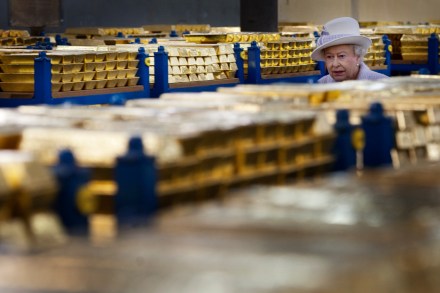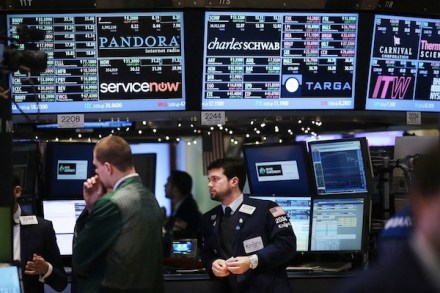Is it too late to jump on the gold bandwagon?
The price of gold has been rising since the earliest virus reports from China in December. Adherents regard it as a hedge against inflation, bad government, economic turmoil, weak currencies and negative real returns on financial alternatives, all of which are present threats. For pessimists, this week’s headlines — above-inflation pay rises for 900,000 UK public-sector workers, the EU’s €750 billion debt-fuelled recovery package, the WHO’s report of 260,000 new Covid cases in a single day — all represent arguments for this ultimate safe-haven holding. Too late to jump on the bandwagon? I’m no natural pessimist and (as I’m about to reveal) I’m a hit-and-miss forecaster, but I do see

















